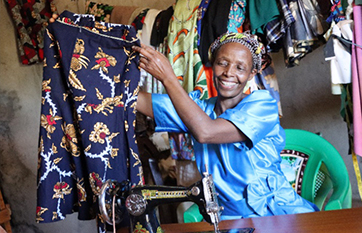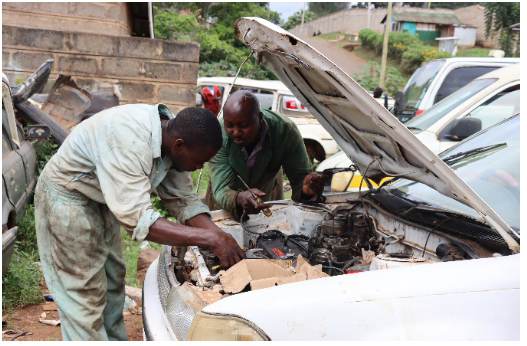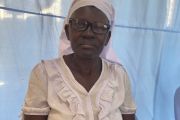Expanding access to HIV prevention, care and treatment services
CHAK’s two main HIV/AIDS projects, USAID Jamii Tekelezi and CHAP Stawisha, are designed to accelerate progress towards HIV epidemic control. USAID Jamii Tekelezi project supports 200 health facilities in Meru, Nyandarua, Tharaka Nithi and Embu counties, while CHAP Stawisha supports 38 facilities spread across the eight counties of Embu, Meru, Laikipia, Tharaka Nithi, Machakos, Makueni, Kitui and Nyandarua.
These projects implement comprehensive HIV prevention, care, and treatment services in collaboration with CHAK member health units, county governments and other implementing partners. Together the CHAK HIV projects support over 92,750 persons living with HIV (PLHIV) on life-saving antiretroviral therapy (ART).
All programmatic interventions are aligned to the national HIV Prevention and Treatment Guidelines. As part of sustainability and transition, CHAK implementation is anchored on a county-owned, county-led, county-managed HIV service delivery strategy that emphasizes coordination, integration, and collaboration.
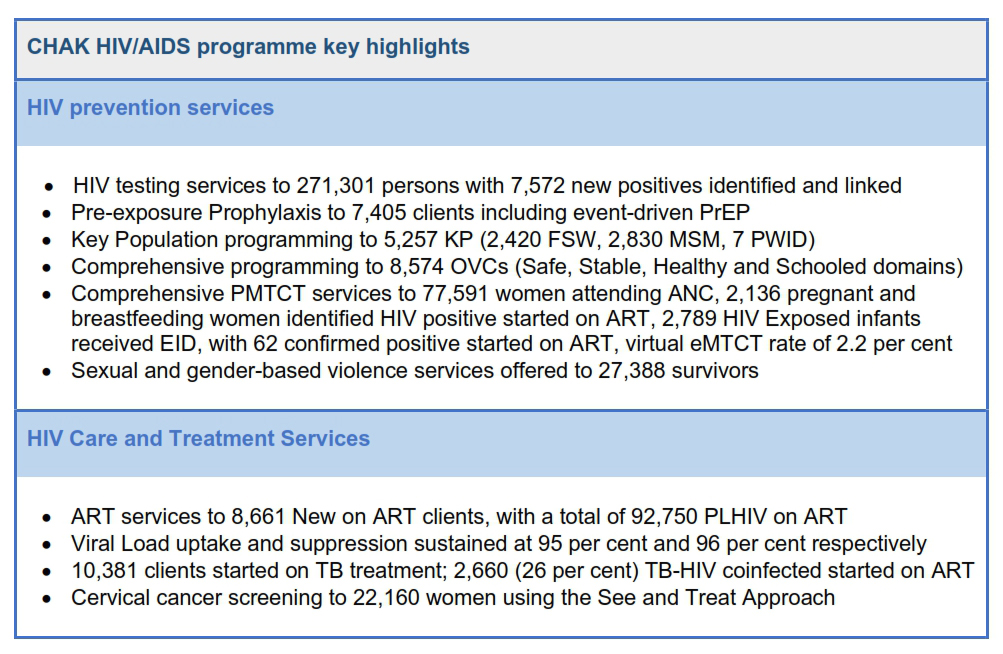
CHAK HIV projects partner with respective county governments through Memoranda of Understanding (MOU). These create an enabling environment for integrated service delivery, mainstreaming of HIV services into primary health care, and stimulate a sense of ownership that fosters incremental transfer of service delivery functions to the counties.
Crucial program interventions included scale up of differentiated service delivery (DSD). Adolescent girls and young women (AGYW) and men are targeted with HIV self-testing, index testing, social network services (SNS), PrEP, and intimate partner violence (IPV) screening.
Women of reproductive age (WRA) are provided with integrated HIV and family planning services that also incorporate cervical cancer screening and treatment. The key populations (KP) are reached through involvement of KP-led civil society organizations and peer snowballing. To improve continuity of treatment, fast-track (a form of DSD) and community ART models are deployed, with over 80 per cent of the treatment cohort receiving multi-month ART prescriptions. Adolescents and young persons are targeted with intensified psychosocial and adherence support such as operation triple zero (OTZ) with demonstrable sustained improvements in viral suppression from 72 per cent at OTZ baseline to 89 per cent.
In leadership and governance, CHAK supports the Faith Sector Working Group stakeholder coordination, with engagement of the Council of Governors and the Office of the President towards integrated, stronger, and resilient systems in faith-based implementing mechanisms.
Enhanced economic resilience, caregiving, and protection capacity of households and caregivers – USAID Jamii Tekelezi OVC
Kenya’s population is estimated to be 47.5M, with 67 per cent aged 29 years and below. Children in Kenya total 19 million, of who 40 per cent are below 14 years. An estimated 2.8 million children in Kenya are orphans and over 0.5 million of this population are orphaned due to the HIV epidemic. The 2019 Kenya Population and Housing Census estimated the population of Orphans and Vulnerable Children (OVC) aged 0 – 17 years in Meru County to be 12,124. Children orphaned due to HIV are often considered more vulnerable as they face high rates of poverty, disease, stigma and discrimination, gender-based violence and abandonment.
|
|
|
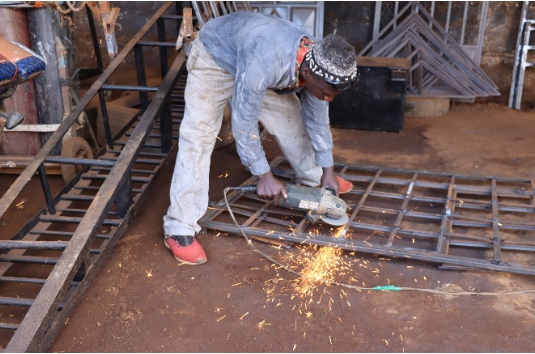 |
Photos:
(Left) A caregiver and Household Economic Strengthening (HES) beneficiary displays a sample of her work; (Centre) A trainee and beneficiary of the apprenticeship program with his trainer repairing a vehicle at a garage in Meru; (Right) A beneficiary showcases his skills in welding while making a window for a customer.
CHAK through its USAID Jamii Tekelezi program implements a Household Economic Strengthening (HES) and apprenticeship initiative in Meru County as part of its OVC program.
This initiative aims to improve the economic resilience and stability of caregivers and the children under their care to prevent and mitigate the impact of HIV/AIDS on PLHIV together with their families, and in particular, the financial hardships occasioned by caring for someone with HIV.
In Meru County, USAID Jamii Tekelezi program supports 3,456 OVC of who 1,388 are Children & Adolescents Living with HIV (CALHIV).
One of the strategies employed under the HES initiative is provision of business start-up kits for various income generating activities. Between January and June 2023, USAID Jamii Tekelezi Project supported 30 households with business start-up kits. A total of 26 out of the 30 households have shown improvement measured through increase in business stock and improved household income that has enabled them to cater for their basic needs.
Apart from the business start-up kits, USAID Jamii Tekelezi has rolled out an apprenticeship program to empower eligible OVC with vocational skills to better position them in the labour market as well as allow them to exploit business opportunities. By June 2023, 13 OVC had been placed in various apprenticeship training programs. These OVC are attached to local entrepreneurs and mentors willing to take them through basic training in vocations such as motor vehicle repair, driving, welding, electrical wiring, and hairdressing. Acquisition of these skills will improve their households’ economic prospects and enhance their resilience to thrive amid tough economic times. To achieve this, USAID Jamii Tekelezi collaborates with the County Departments of Health, Directorate of Children Services, the Registrar of Births, local administration, Department of Social Services among other partners.









